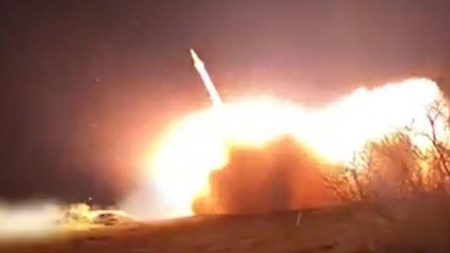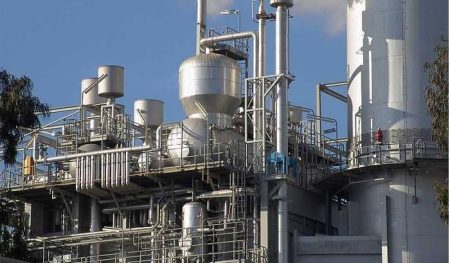
Michael James
30 September 2017, Sweetcrude, Lagos —Nigeria national grid suffered a total system collapse in the hours of Thursday, September 28, 2017.
Reports obtained from Stations and the sequence of events generated by the SCADA system indicated that the system collapse was triggered by the tripping of Egbin Units ST4, ST6 and ST5 at ‘20:03:15, 20:03:32 and 20:03:34’ respectively.
By this incident, the Nigerian electric power grid lost generation completely before restoration commenced at 20:22Hrs.
A post-mortem analysis of the event indicated that grid generation was curtailed (to about 4,262.7MW) prior to the inception of the disturbance due to capacity under-utilisation and the operational capability required to maintain grid stability had waned, leaving the system vulnerable to the extent that perturbations of this magnitude resulted in severe system frequency dip that culminated in system collapse.
The analysis clearly indicated that there was insufficient level of spinning reserve provided by grid-connected generation companies arising from low tariffs for providing ancillary services.
In order to avert such incidence on a sustainable basis, the Transmission Company of Nigeria, TCN, Plc has filed an application to the Nigerian Electricity Regulatory Commission, NERC for an extraordinary tariff review as a means of ensuring that generation companies are incentivised to provide sufficient spinning reserves and other ancillary services that are critical for managing the national grid.
The management of TCN appeal for understanding from Nigerians, adding that “we will continue with our efforts to provide the electricity industry with a world class national grid.
“On our part, we will strive to ensure that the stride attained recently in frequency control is sustained in line with world industry standards and codes.”



